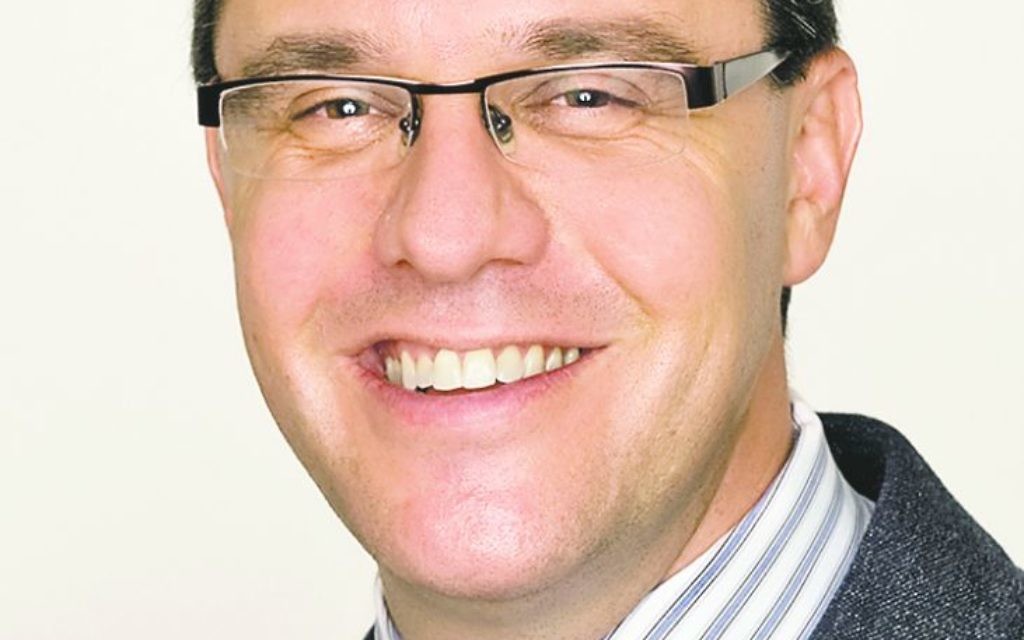Film Festival Builds Foundation for Growth
A year ago the Atlanta Jewish Film Festival approached the January opening of public ticket sales as a newly independent nonprofit organization running the second-largest Jewish film festival in the world. Now it’s No. 1 and nearing the start of sales Sunday, Jan. 10, with more than a year of independence behind it.
“We never in a conscious way were chasing the title of No. 1 Jewish film festival,” Executive Director Kenny Blank said. “We’re proud to have the bragging rights. That came about as a nice secondary benefit. We were just producing the best festival we could for our community.”
Aside from one new venue, SCADshow, and bigger theaters at some continuing locations, audiences shouldn’t notice many changes during the 16th festival, which runs from Jan. 26 to Feb. 17.
Get The AJT Newsletter by email and never miss our top stories Free Sign Up
Perhaps the biggest adjustment has come for donors. For the first time the festival overhauled a system of sponsorship levels and benefits that treated individual and corporate supporters the same.
That shift required educating the community about how the organization operates, Blank said. “A lot of people assume the festival is kind of thrown together with a handful of volunteers. It really is a year-round planning force that involves staffing.”
The change in sponsorship levels also led to the opening-night gala being open only to festival sponsors and patrons. The public still can buy tickets to see the opening-night film, “Remember,” but can’t get passes to the party. Blank said only 30 to 40 of those passes were sold last year.
Overall, he said, about 5,000 more festival tickets are available this year, but that’s a response to ever-growing demand, not an effort to pad last year’s total audience of more than 38,600 and remain No. 1.
Instead of holding on to those bragging rights, the festival organization has focused during its first full year apart from the American Jewish Committee on creating a strategic plan, charting a sustainable growth plan, developing a long-term business model, and staffing up with full-time communications and community engagement employees, Blank said. The strategic plan was a staff-driven initiative that included dozens of community leaders outside the festival organization.
The festival experimented with year-round programming, such as holding September screenings of the documentary “Rosenwald” and Germany’s nominee for this year’s Oscars, “Labyrinth of Lies.” But Blank intends for the programming to expand beyond a traditional night at the movies with speakers, workshops and other events that meet the mission of creating community dialogue and building bridges of understanding.
Those programming plans are being developed, as are efforts to expand educational efforts to connect with new audiences in schools and build the next generation of AJFF enthusiasts, Blank said.
Behind the scenes, the festival’s independence has opened opportunities to apply for cultural grants and seek National Endowment for the Arts funding at a higher level, but many of those applications will have to wait until the festival has two or three years of independent financial data, Blank said.
“Beyond grant opportunities, I think for a lot of current funders, not advocates but true cultural entrepreneurs, it changes the optics,” he said, with independence making the festival a more appealing recipient of donations.





comments